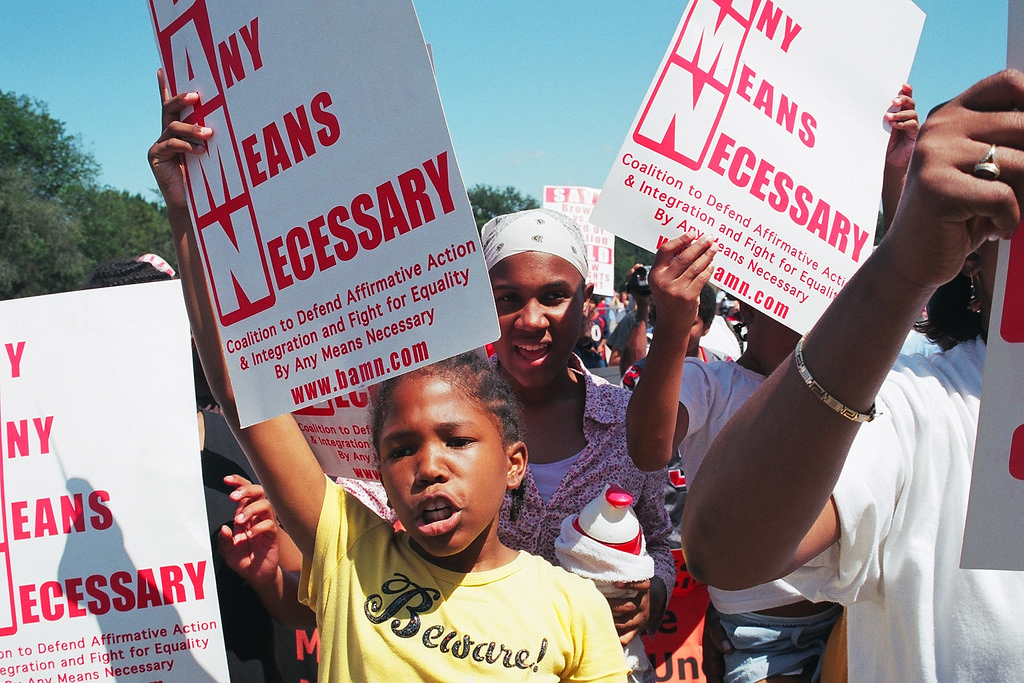Views expressed in opinion columns are the author’s own.
I am a white man. As a white man, I am privileged. I have never been asked how I got into college. My decision to go into medicine has never been questioned. I have never been asked how I intend to have a family in such a challenging career. And I have never felt like my actions reflect upon my entire race or gender.
Three years ago, I was angry that I did not get into my dream college. I was angry that most of the schools that accepted me were too expensive because I was ineligible for financial aid. I struggled with accepting that there were individuals who had lower SAT scores and GPAs who got into my dream school and were awarded massive grants to attend. At the time, it felt as though I was discriminated against based on my race.
The belief that there is growing anti-white racial bias is not limited to immature 18 year olds. In fact, a 2011 survey reported that white Americans felt that anti-white bias had increased so radically over the previous 30 years that it had surpassed anti-black bias. Many white Americans believe that any assistance to help black Americans achieve the American Dream must come at a cost to whites.
These white Americans fail to recognize that they still experience far better outcomes than most black Americans. Looking at the wage gap between 1979 and 2015, we find that hourly wages for black men went from 22.2 percent to 31.0 percent lower than those for white men, and hourly wages for black women went from 6 percent to 19 percent lower than those of their white counterparts. While white Americans believe they face more and more discrimination, they continue to earn more and more relative to their black counterparts.
This perception of anti-white bias likely explains why 76 percent of white Americans oppose affirmative action based on race. However, race is rarely considered an automatic plus in admissions.
When the U.S. Office for Civil Rights evaluated the admission process at Princeton University, they found that race is only considered when it provides further context about a student. Being a member of a minority race may suggest an applicant has overcome racism or had to succeed without the institutional privileges white people often do not recognize. This may suggest the applicant is resilient and dedicated to their education. Even if their grades and scores are slightly lower than a fellow applicant’s, those characteristics should be rewarded because they are necessary for the completion of a college degree.
Furthermore, affirmative action provides everyone with benefits, not just racial minorities. Although minorities often see the benefit in terms of admission rates, diversity in education has tremendous value to everyone. Diversity facilitates the exchange of ideas and perspectives that would otherwise remain isolated. Racial diversity on campuses fosters collaboration and has even been shown to increase the overall academic success of the student body.
In high school, most of my friends were white. In college, most of my friends are not, and I have learned a tremendous amount about different cultures and perspectives from these friends. I have been to Garba and Holi; I have eaten pho, bubble tea, and curry for the first time — and many times since then; I know why some people identify as black American instead of African-American.
These things are small, but they are part of a larger picture. Having friends from a variety of background allows me to better relate to people from different cultures, understand the discrimination they face and recognize my privileges. If there is any reason I did not get into my dream school, it might be because I could have worked harder on my application essays. Maybe no one is to blame. But I believe that my diverse education has made me a better person.
Affirmative action is not racist, and it is not unfair. If anything, it evens the playing field for minority applicants by ensuring that their personal struggles and triumphs are considered in the application process. The result — a diverse student body — allows students of all backgrounds to expand their worldview and better understand people who differ from themselves.
Mitchell Rock is a senior government and politics and physiology and neurobiology major. He can be reached at mrock13@umd.edu.



